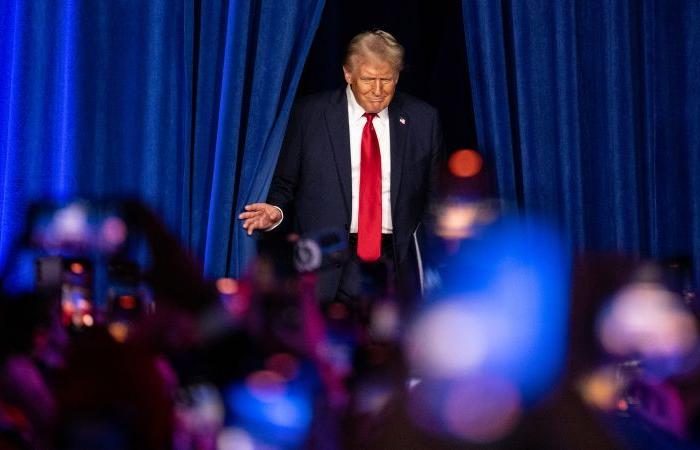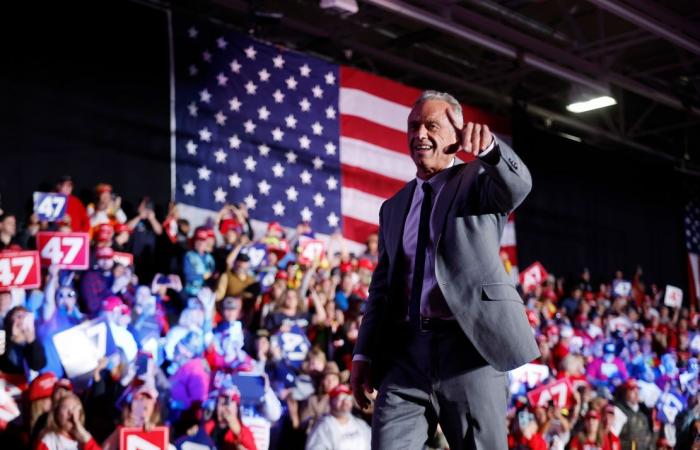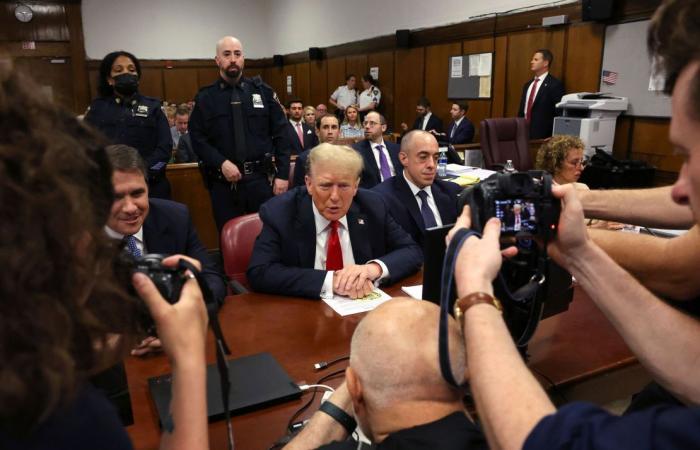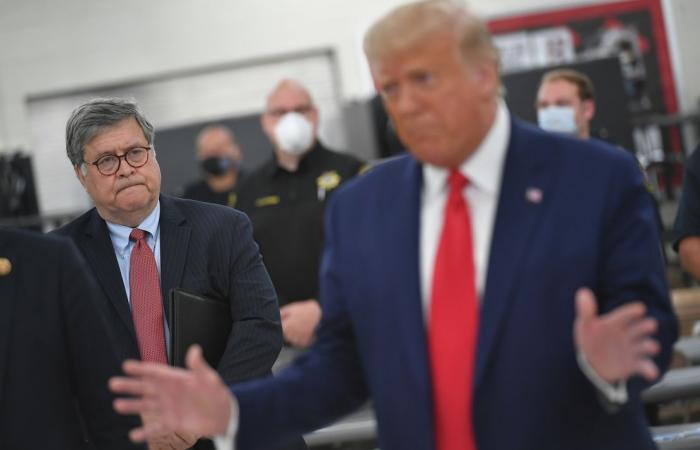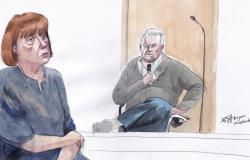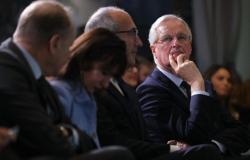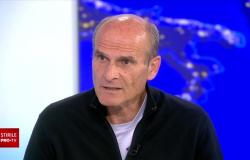CNN
—
Donald Trump’s election victory will return him to the White House, but both his allies and detractors have made clear his second time around will look nothing like the first.
With the Republican Party now entirely his, its anti-Trump figures banished for good, Trump will enter the Oval Office with both the experience of having done the job before and a wealth of resentments over how he believes the system failed him.
That makes the coming four years uncertain ones that cannot be easily predicted by the first Trump presidency. His rival, Vice President Kamala Harris, tried warning voters of the risks. But to his supporters, the promises of fixing what he called a broken country – even if it means abandoning long-held principles – was the whole point.
Figures who once hoped to act as stabilizing forces — including a string of chiefs of staff, defense secretaries, a national security adviser, a national intelligence adviser and an attorney general — have abandoned Trump, leaving behind a string of recriminations about his character and abilities.
They’ve been replaced by a cohort of advisers and officials uninterested in keeping Trump in check. Instead of acting as bulwarks against him, those working for Trump this time around share his views and are intent on upholding the extreme pledges he made as a candidate without concern for norms, traditions or law that past aides sought to maintain.
Trump’s axis of influence has shifted greatly since he left office in January 2021. While his daughter Ivanka Trump and her husband, Jared Kushner, were once prominent campaign surrogates and senior White House staffers, they’ve since stepped away from the daily churn of politics. Ivanka Trump has made clear she has no plans to return to the West Wing, and while Kushner has been involved in the transition efforts, sources familiar with his thinking said he is unlikely to leave his private equity firm.
Instead, Trump has found himself relying on people like Donald Trump Jr., Elon Musk and Susie Wiles throughout his third run for the White House.
The former president also seems eager to reward those who supported him — like Robert F. Kennedy, Jr. — even if their viewpoints exist well outside the mainstream. Despite his belief in vaccine conspiracy theories and his antisemitic comments, RFK Jr. said recently that Trump told him he would “fight like hell” for him if Kennedy wants to run the Department of Health and Human Services.
Stung by his experience dealing with agency legal offices, Trump will look to staff the government this time with lawyers who will work to find legal rationale for even his most radical ideas, rather than raise concerns.
Even now, Trump has skirted the conventional transition process and refused to sign ethics agreements that would allow his campaign to begin working with the Biden administration on the handoff, a process that typically starts six months before the election. The holdup stems from Trump’s deep mistrust of federal agencies, certainly those not run by his own loyalists. This means his team has not had to disclose donors to his transition process but has also been blocked from national security briefings and from receiving millions of dollars in funding to aid the transition.
As the struggle over the wording in the agreements has become protracted, resulting in the missing of key deadlines, Trump’s aides are unable to obtain security clearances. (Some have floated conducting their own without the FBI.)
In Congress, where moderate Republicans used to occasionally criticize Trump’s most outlandish behavior, fealty to Trump is now almost uniform among the GOP. Efforts to place limits on presidential power over the last four years largely fizzled, and anti-Trump Republicans have either retired or been voted out.
Federal courts have also been reshaped since Trump was in office, including at the Supreme Court, which now has a conservative supermajority that could potentially affirm actions that would have been overruled by the high court when Trump was first in office. He’s also reclaiming his position atop the federal government with a vastly expanded level of power after the Supreme Court ruled presidents have immunity from official acts in office. Trump’s win will likely allow him to wrangle out of most, if not all, legal cases that were facing him.
Perhaps most importantly, Trump himself has changed, people who know him say. He’s aged four years since he left Washington in 2021, and although he hasn’t released extensive details about his health, he has appeared at moments tired or unsteady.
He’s now a convicted felon, and he still faces dozens of other indictments in separate cases whose future is now uncertain.
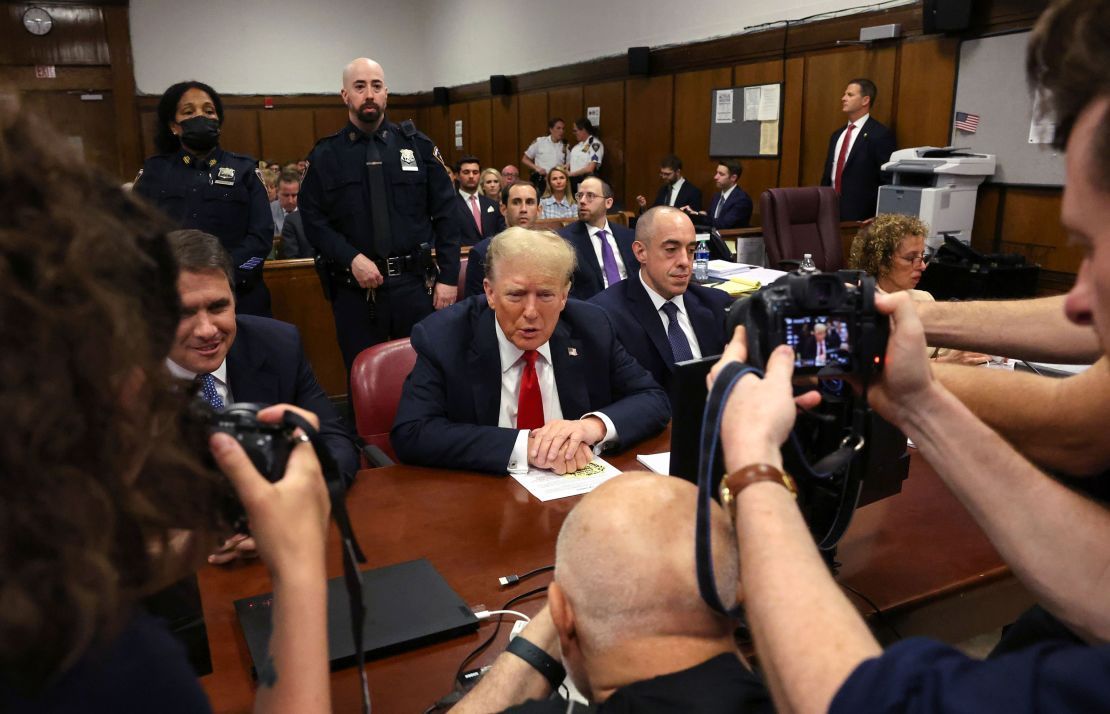
And he’s become, in public and in private, consumed with matters of retribution in ways that weren’t as visible at least in the early days of his first administration. He is angrier and makes little attempt to hide his fury.
The four years of Trump’s first presidency were marked by constant staff churn, chaotic decisions based on whim and constant frustrations on the part of the president that the federal government couldn’t bend to his will.
For example, he grew irate at times at the Justice Department for failing, in his view, to properly investigate his political enemies or bring charges against them. And while he tried — and was later impeached for — working to overturn the results of the 2020 election, his efforts failed.
On policy as well, much of what Trump attempted to do was undone, either by aides who went around the president to blunt the effect of his orders or by incompetence by a staff that mostly came from outside the government.
This time, many of the guardrails against the most extreme actions Trump has proposed will be absent. And the people working for him have become more adept at pulling the levers of government to wield power more effectively.
Trump has a raft of executive orders, policy papers and regulation reversals ready to go as soon as he’s inaugurated, two sources familiar with the plan have said.
As they look to staff the new administration, Trump and his aides have made clear they are seeking loyalty above all else, stung by the high-level appointees that turned on Trump from the last administration. Trump has pointed to his personnel decisions as perhaps the biggest mistakes of his first presidency.
That means the staffing decisions this time around will be designed intentionally around individuals who will not work to undermine his agenda from within, an accusation Trump has made against those he fired from the White House.
His former attorney general, Bill Barr, warned during an interview on CNN last summer that loyalty “is a one-way street for him” and that Trump “just leaves all this carnage in his wake.” But many first-timers have expressed an interest in working for Trump despite that.
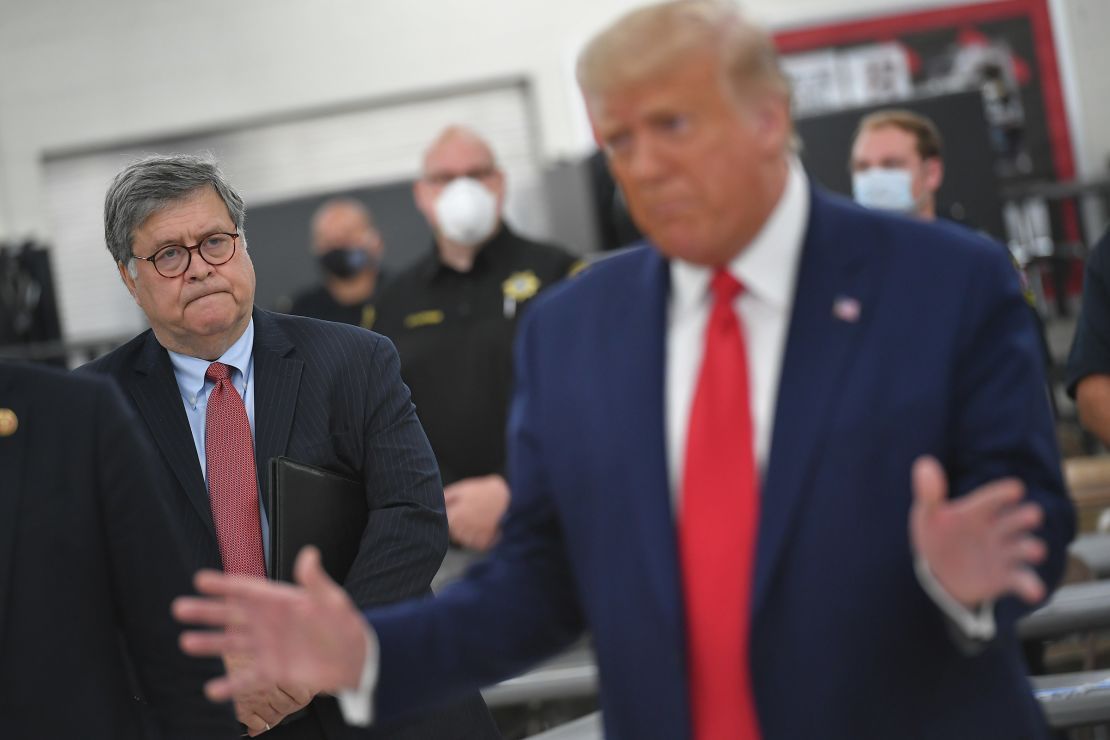
His transition co-chair, Cantor Fitzgerald CEO Howard Lutnick, has lined up thousands of potential employees for the newly elected president. Trump famously shook up his transition team within days of winning the White House in 2016.
Trump has also made clear in recent weeks, as he’s mulled potential high-level positions, that he will be fine with sidestepping Congress and the typical Cabinet confirmation process for appointees. Trump has repeatedly asked candidates if they are willing to serve as acting secretaries, believing it gives him more flexibility should he change his mind.
The work of finding those people began well before the election, as various organizations aligned with Trump began making lists of loyalists to present Trump’s transition team should he win. Trump had begun taking steps to root out government employees deemed insufficiently loyal during the final year of his first term, an effort led by his onetime body-man John McEntee; now, those efforts will be in place from the start of the administration.
Trump himself has promised that he will take lessons from his first time in the White House and apply them now, in part to avoid what he says were mistakes that hampered his ability to govern the way he wanted to.
“I didn’t know anybody (during my first term). I was not a Washington person. I was rarely there,” Trump said last week in an interview on Fox News. “I know everybody (now). I know the good, the strong, the weak, the stupid. I know the – I know everybody. And we’re going to make this country great again, and we have to save our country.”

